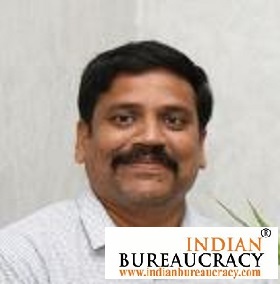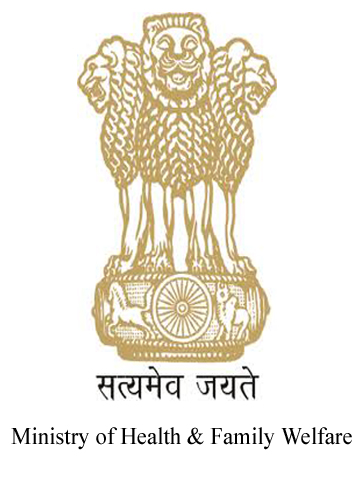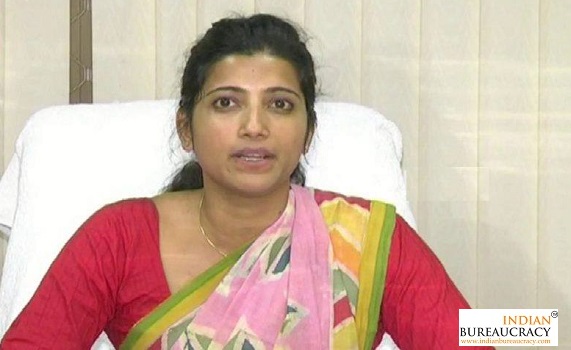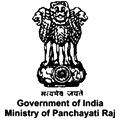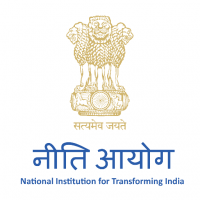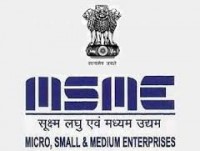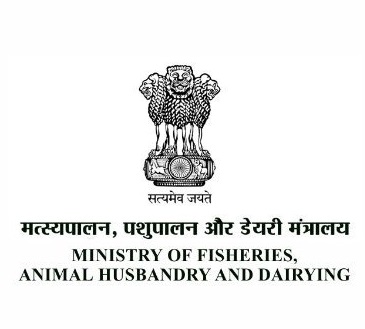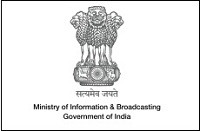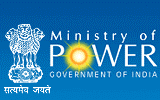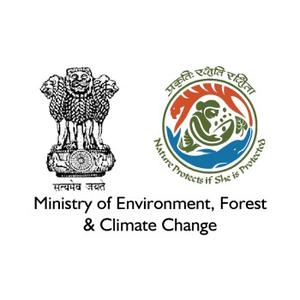Union Minister for Micro, Small & Medium Enterprises (MSME), Shri Jitan Ram Manjhi, inaugurated the MSME Pavilion at the 43rd India International Trade Fair (IITF) in Hall No. 6, New Delhi. Accompanied by Dr. Rajneesh, Additional Secretary and Development Commissioner (MSME), and other senior officials, the Minister emphasized the Ministry’s focus on sustainability and inclusivity.
The Pavilion’s theme, “Green MSMEs”, highlights the Ministry’s efforts to promote clean and green technologies among MSMEs for transforming their operations. It also showcases the PM Vishwakarma Scheme, launched by Prime Minister Narendra Modi on September 17, 2023, which supports artisans and craftspeople in 18 trades by offering end-to-end assistance.
This year’s MSME Pavilion features 200 exhibitors from 29 States and Union Territories, displaying a diverse array of products, including textiles, handlooms, handicrafts, leather goods, bamboo crafts, ceramics, toys, and jewelry. The event particularly emphasizes opportunities for Micro & Small Enterprises (MSEs) owned by women, SC/ST entrepreneurs, and those from Aspirational Districts, allowing them to connect with a broad audience of potential customers.
In line with the Ministry’s commitment to inclusive growth, 71% of stalls have been allocated to women entrepreneurs, 45% to SC/ST entrepreneurs, and 35% to entrepreneurs from Aspirational Districts—all free of cost. Over 85% of participants are first-timers at the fair.
During the event, Shri Jitan Ram Manjhi interacted with exhibitors, encouraging their contributions to the fair, and a ‘Nukkad Natak’ (street play) was performed to raise awareness about the PM Vishwakarma Scheme. This initiative underlines the government’s efforts to bolster entrepreneurship and sustainable practices within the MSME sector.


